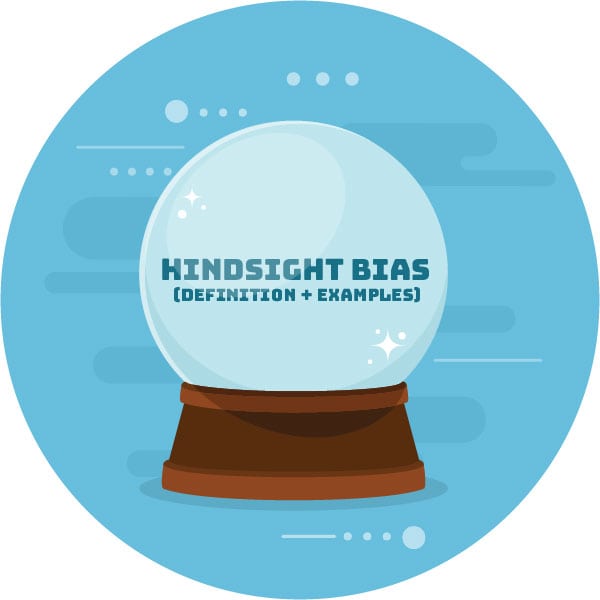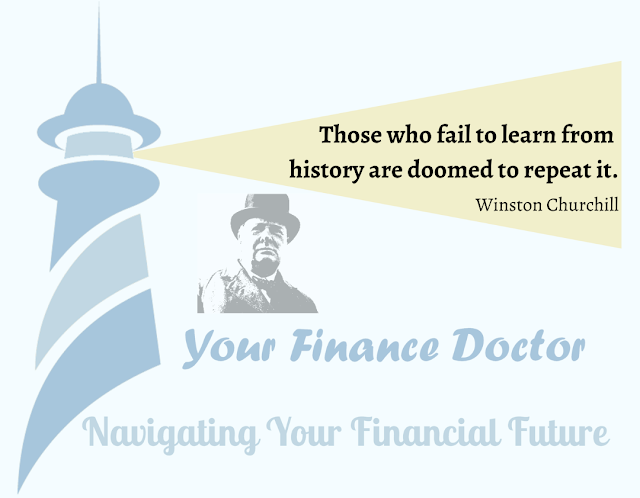
#HINDSIGHT BIAS DEFINITION PSYCHOLOGY TRIAL#
Despite widespread knowledge of the composition of the jury, surveys during the trial showed that few trial attorneys and citizens expected an acquittal indeed Sporting Index reported that most American gamblers were betting on a conviction ( Los Angeles Times 1995). The reasons for the acquittal will never be known with certainty, but it seems clear that pronouncements of ‘racial nullification’ reflected hindsight bias. In fact, the jury literature provides little support for ‘racial nullification’ as a general phenomenon (Kerr et al. 18 percent of African Americans said they had ‘less confidence’ that ‘jurors can reach a verdict in a trial without letting their racial attitudes affect their judgment’ (Moore and Saad 1995).

In an October 1995 Gallup poll, 48 percent of whites vs. Because 9 of the 12 jurors were African American, a large number of commentators, including the lead prosecutor, ‘explained’ the verdict as a case of ‘racial nullification’-the notion that African Americans are more lenient when judging other African Americans. Simpson at his criminal homicide trial in the USA. Trial evidence appears more incriminating to people who believe a defendant has been convicted than for those who believe the defendant was acquitted (Bodenhausen 1990).Ī pernicious example of this phenomena was the elite and popular reaction to the acquittal of actor/athlete O. Hindsight bias also influences citizens' ex post reactions to newsworthy legal decisions. Because most legal judgments are made ex post, they are vulnerable to this bias, as documented in a variety of experimental studies (Rachlinski 1998). Hindsight bias is the ex post tendency to overestimate the ex ante likelihood of an outcome, relative to what one would have actually guessed before the event. MacCoun, in International Encyclopedia of the Social & Behavioral Sciences, 2001 2.3 Hindsight Bias In this case, overconfidence refers to investors’ unfounded belief that they possess superior stock-picking abilities.R. This is a clear example of hindsight bias: if the formation of a bubble had been obvious at the time, it probably wouldn’t have escalated and eventually burst.įor investors and other participants in the financial world, hindsight bias is a cause of one of the most potentially dangerous mindsets that an investor can have: overconfidence. While this sense of curiosity is useful in many cases (take science, for example), finding erroneous links between the cause and effect of an event may result in incorrect oversimplifications.įor example, many people now claim that signs of the technology bubble of the late 1990s and early 2000s (or any bubble from history, such as the tulip bubble of the 1630s or the South Sea bubble of 1711) were very obvious. Psychologists attribute hindsight bias to our innate need to find order in the world by creating explanations that allow us to believe that events are predictable. What ends up happening is that the investor finds all sorts of green flags about the investment (such as growing cash flow or a low debt/equity ratio), while glossing over financially disastrous red flags, such as loss of critical customers or dwindling markets.Īnother common perception bias is the hindsight bias, which tends to occur in situations where a person believes (after the fact) that the onset of some past event was predictable and completely obvious, whereas in fact the event could not have been reasonably predicted.

That investor might choose to research the stock in order to “prove” its touted potential is real. As a result, this bias can often result in faulty decision making because one-sided information tends to skew an investor’s frame of reference, leaving them with an incomplete picture of the situation.Ĭonsider, for example, an investor that hears about a hot stock from an unverified source and is intrigued by the potential returns. In investing, the confirmation bias suggests that an investor would be more likely to look for information that supports his or her original idea about an investment rather than seek out information that contradicts it. This type of selective thinking is often referred to as confirmation bias. This first impression can be hard to shake because people also tend to selectively filter and pay more attention to information that supports their opinions, while ignoring or rationalizing the rest.


It can be difficult to encounter something or someone without having a preconceived opinion.


 0 kommentar(er)
0 kommentar(er)
